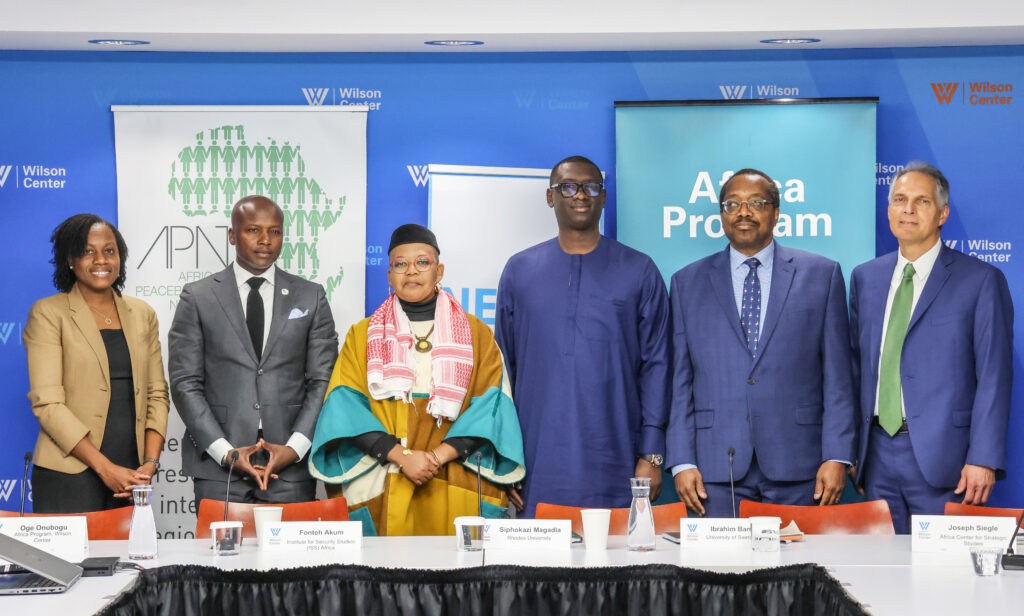Virtual Lecture | Repeated Evaluation Can Make Better Policy: The Case of Summer Youth Employment Programs
Virtual Lecture | May 22, 2:00 PM Eastern, via Zoom
Researchers often pursue ideas because they are novel and innovative. Breaking new ground is clearly important, and being “first” can help a paper get published. But the drive to be new can also push researchers away from the kinds of iterative research questions that help decision-makers implement effective policy (and towards surprising results that can be hard to replicate). This talk will tell the story of a policy-research partnership that started with a new and surprising finding—that summer jobs programs don’t actually help future youth employment, but do reduce violence—then kept iterating to explore how, why, and for whom. The result highlights what can come from repeated evaluation: an evidence base that is more convincing, illuminating, and practical than any single study can be.







